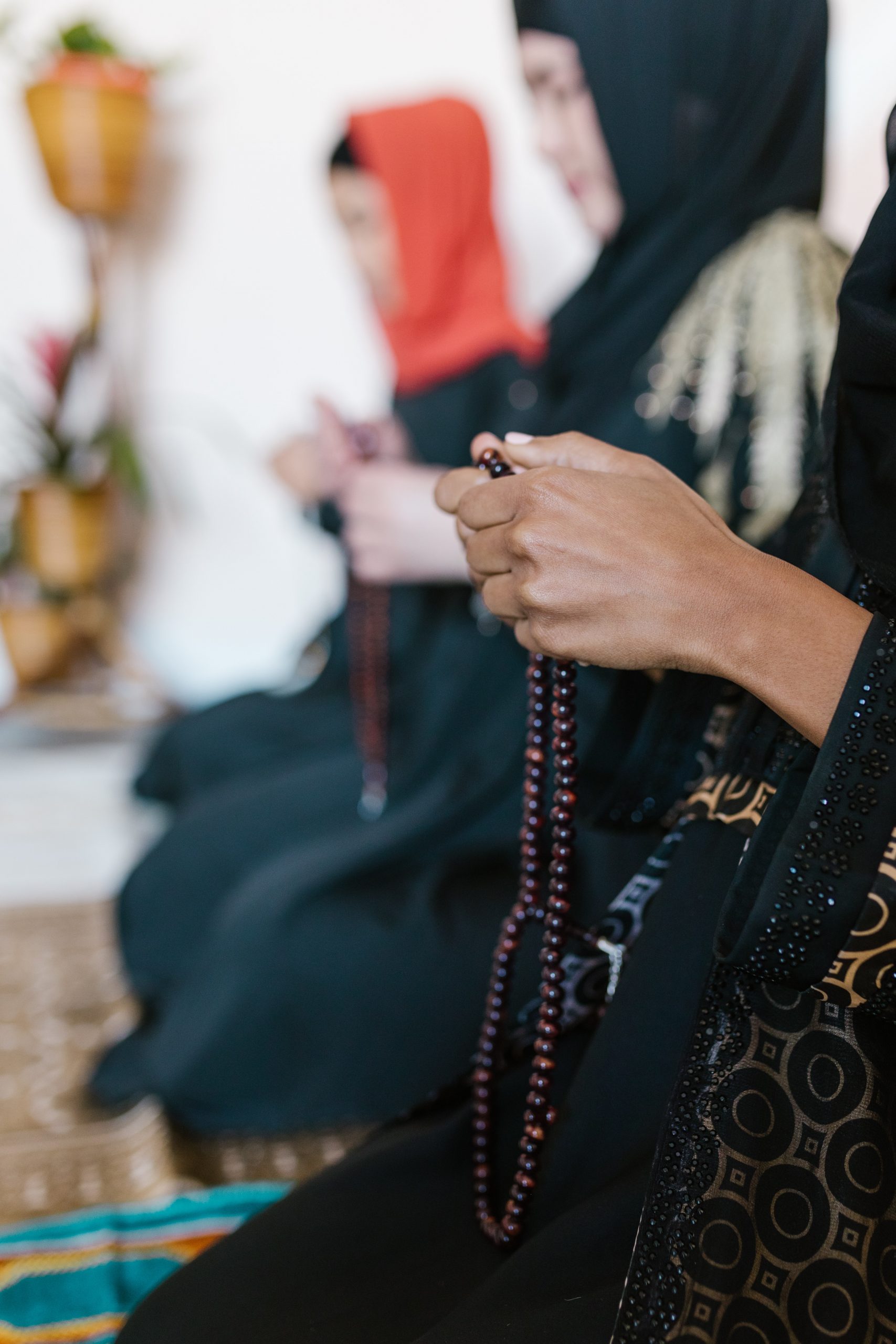 Myoclonic and Tonic Clonic Epilepsy
Myoclonic and Tonic Clonic Epilepsy
I was diagnosed with epilepsy at 14. I had been suffering, alone, from myoclonic seizures for a couple of years prior to this diagnosis, but had no clue they were seizures. So when I had my first tonic clonic seizure in the summer of 2014, it was terrifying for those around me. The ambulance was called, I was taken to the hospital, tests were run. About a month or two later, I was told it was epilepsy but that it might be a one-off seizure and won’t come back. Unfortunately, it did.
Leaning on Gratitude
I am 21 now and for the past seven years I have been adjusting to these changes, adjusting to all my myoclonic and tonic clonic seizures, adjusting to different sleeping patterns, and adjusting to three different types of medication. One important lesson that I have learned from all of this is that I have it so good. So incredibly good. I’ve been blessed on this journey that is different and I’ve had the opportunity to learn so much along the way.
I am currently on medication and have been seizure-free for more than a couple of months. I’ve been studying at university, I’ve been learning a new language. I’ve been spending time with my family and friends. I have been going to sleep earlier than usual, waking up earlier than usual. I’ve been really good and I praise and thank God for that.
Believing in Prayer
My seizures tend to be triggered by any changes or difficulties in sleep. This could be lack of sleep, a change in sleeping schedule, being abruptly woken up, etc. So, as a Muslim, having to wake up for the early dawn prayer was quite difficult. There were many times where I would wake up and start having jerks or myoclonic seizures. But I loved my prayers and so I didn’t allow myself to give up and stop waking up for them, I didn’t want myself to sleep through the whole night. I wanted to wake up and pray.
When I had those seizures, I knew that I just had to get on the prayer mat and start praying. Throughout the years I had seizures in the middle of the night, alone most of the time, trying to get ready for prayer and not wanting to wake anyone up just yet who would try and stop me from praying (although, I do not recommend this, please be careful and–if able–wake someone whilst having seizures). That relief I felt when I realized that my seizure stopped in the middle of prayer was the feeling that made me realize I was never truly alone in those times.
Now, I wake up for the dawn prayer and I feel fine. I wake my family up and I pray with my younger sister, in peace. I feel incredibly grateful knowing that my love for my prayers allowed me to persevere and carry on which, in turn, has allowed me to experience the sweet moments now that I have with my family in the mornings.
Recognizing the Importance of Mental Health
My mental health has also been a really tough issue to deal with. It’s not something I really admitted to having a problem with until this past year. Even with all the changes since age 14, I have never really been asked properly about my mental health since my diagnosis and no help has been offered. Unfortunately, I feel as though this may be the same for many others with epilepsy.
I’ve dealt with my mental health myself, but I am glad to say I have an amazing support system. It can be traumatizing coming from experiences where you have no control over your body, knowing you’re about to deal with an immense amount of pain and that you can’t do anything about it. It has perhaps been even more traumatizing for my mother who has had to see her daughter cry countless times over it and not be able to stop it from happening. Which means I’m not the only one dealing with mental health issues in my family.
Learning to Embrace Help from Loved Ones
But having my family around me helps. They help so much. I am grateful that I have been able to discover what calms me down and what helps me get through seizures. My mother will normally hold my hand and sit next to my head whilst I’m lying down on the bed. She’ll talk to me and try and get my mind off of it. My dad or my little sister will be sitting on the bed, rubbing my back. They know that I need it.
My little sister also loves to help me through seizures by talking to me. Anything I need, she’ll do it for me. My older sister is always strong and ready to call the ambulance if it’s needed. My brother seems to also make me laugh when he tries to talk to me and get my mind off of it. He’s a foodie, so unsurprisingly he tries to get my mind off of things by talking about food! They do all of this with fear in their hearts; seeing their strength even when they’re scared or worried for me helps me through it. I am ever so happy, though, that they no longer need to constantly do this. My family and I have all lived to see progress and better days.
Mental health is always so important to keep in check. A good support system, whether it’s family or friends, will definitely help with that. As of right now, I feel independent. I know that with epilepsy I will have to be dependent on others in certain situations, but right now I’m independent and that makes me feel really good. When I need someone, I know they’ll be there.
Sometimes, knowing that you have to be dependent on others for your needs can be hard to come to terms with. For many years, I hated waking my mum up from her sleep when I felt like I was having a seizure. But it’s important to know that those around us want to be there for us. They want to help. They can’t do much to stop our seizures but the little they can do, such as being present with us and giving us some sort of comfort, helps them and makes them happy to know they can help.
As for us epileptics, the dependency doesn’t need to be in all aspects of our life. There are many other places in our life where we can be independent. I’ve learned that relying on someone to make sure we don’t accidentally hurt or injure ourselves due to uncontrollable circumstances is not an unhealthy dependency at all.
Finding an Epilepsy Community
Getting through seizures and adjusting to medication, especially during my teen years and exams were, of course, difficult but I knew that my epilepsy was not something I could allow to restrict my life. I am always careful and stay within limits in order to look after myself, but I still am able to be happy and enjoy myself. It has actually helped me to make more use of my time and my relationships, remembering to do everything wisely.
I hope that others going through difficulties such as this get through it all. I know that when I was younger, if I was going through a tough period of seizures, I would have loved to read about or see how well people are doing, despite living with epilepsy.
For many years, I didn’t know anyone who was epileptic so didn’t really have an understanding of what the future might hold. To be completely honest, even now I don’t but I just make sure that I am always grateful for all the good that I do have instead of what I don’t have. Reading other people’s experiences of epilepsy has also helped a lot and I truly hope this can help others too.

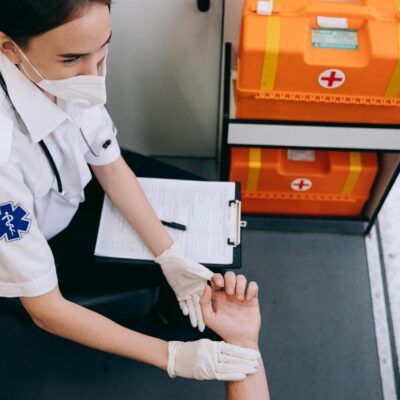

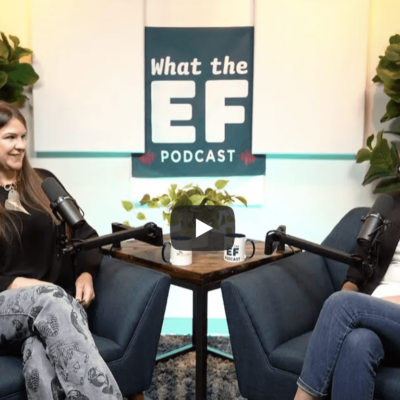
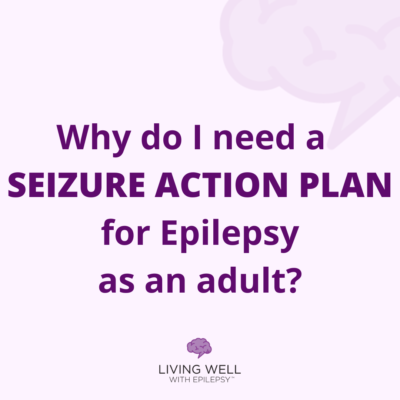
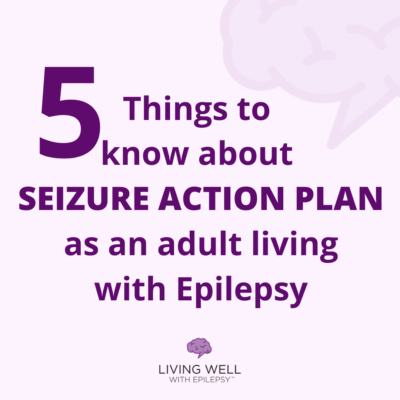


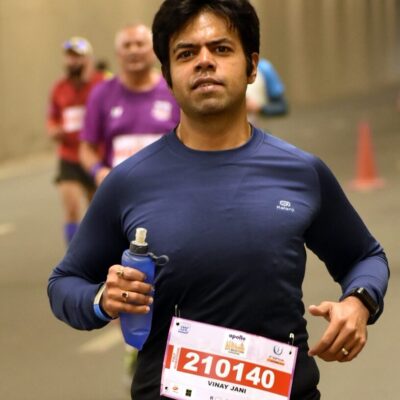
Oldfogey
Your comments resonate. I have an adult child who was diagnosed with JME at age 16. This has been an ongoing struggle. Do you find you have unorthodox/inconsistent sleep patterns? If so, how have you been managing these? Also, have you had much success in finding resources that address the impact of epilepsy on mental health?